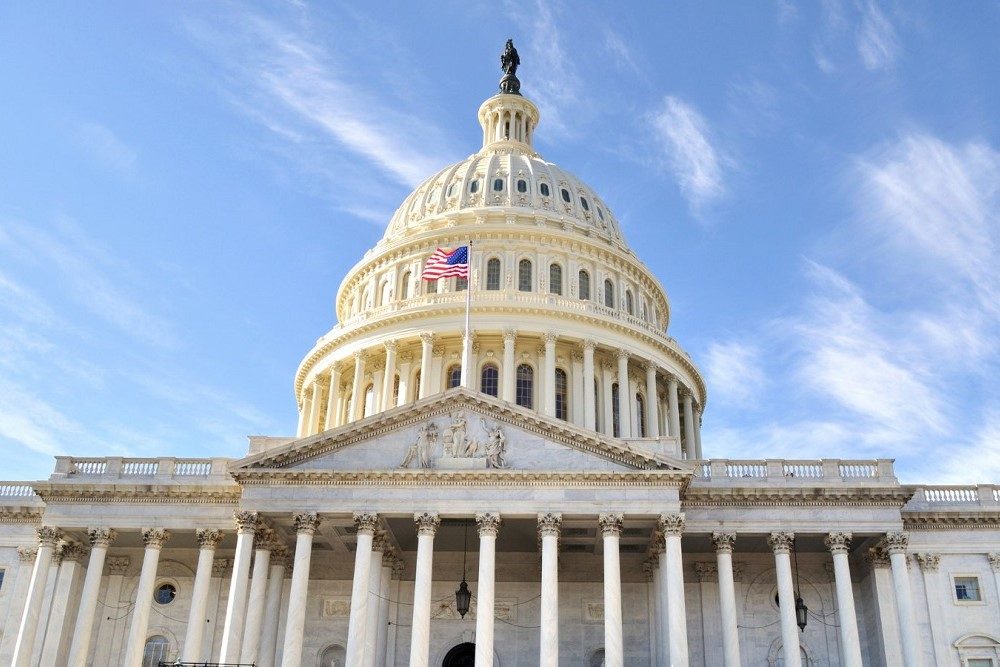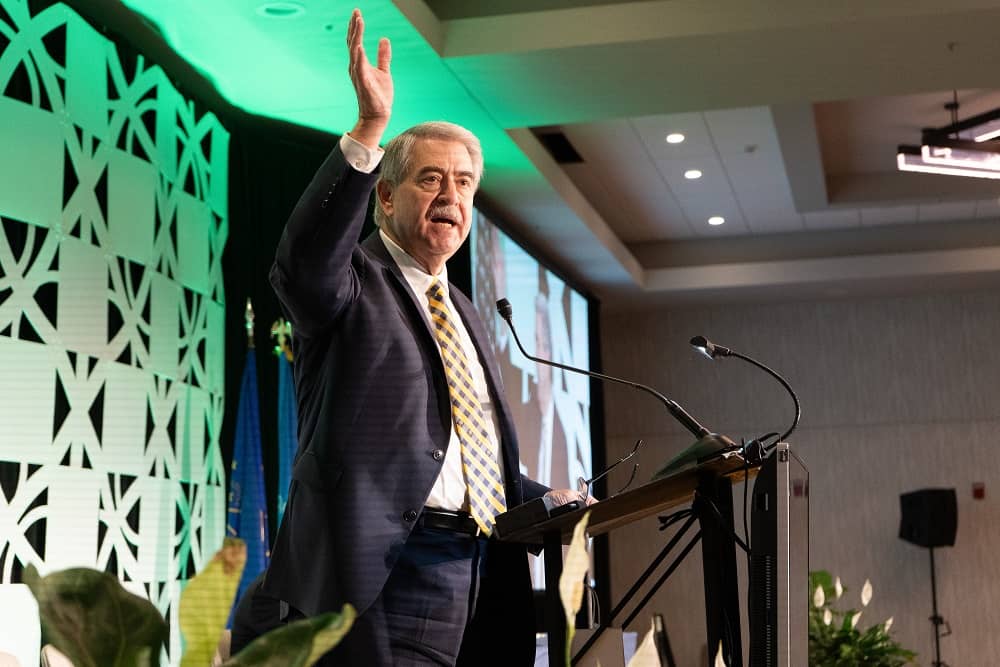The Farm Bill Faces an Uncertain Future This Week

This coming week may prove to be do or die for the Farm Bill, which has been long delayed by partisan bickering, and is now being sliced and diced with the big dollar programs being put into the budget reconciliation bill.
The proposed Farm Bill safety net package includes roughly $50 billion for crop reference prices, as well as money for crop insurance, dairy, livestock biosecurity, export trade promotion.
Ted McKinney, CEO of the National Association of State Departments of Agriculture (NASDA) and former USDA Under Secretary of Agriculture for Trade and Foreign Agricultural Affairs, tells Hoosier Ag Today that this approach is not the best way, but may be the only way critical farm safety net programs get funded.
“You had better take what you can and get it while the opportunity is there, and then hope and pray people will come together on the remnants. It is not the best way, I will be the first to say that, but it may be the only way,” said McKinney.

Many ag leaders tell Hoosier Ag Today that their concern is that conservation programs may suffer or even be left out of the final bill as lawmakers try to find dollars to fund nutrition programs in order to secure Democratic support.
A Farm Bill markup is scheduled for Tuesday, May 13, but the situation is very fluid and GOP leaders are still scrambling to find enough support to pass the legislation.
Rep. Glenn “GT” Thompson (R-PA-15), who serves as Chairman of the House Committee on Agriculture, issued the following statement over the weekend about the markup of text regarding the Supplemental Nutrition Assistance Program (SNAP):
“This markup begins the process of strengthening SNAP by restoring program integrity, helping Americans move from government dependence to opportunity through work and education, and holding states accountable. Additionally, Committee Republicans will ensure farmers, ranchers, and rural America have the policies they need to weather the impending economic crisis in farm country.”
If there is a bright side to all of this, McKinney says it is finally brining some physical responsibility to the Farm Bill.
“The government is finally having to do what farmers have done for a long time, quit spending and get your books in order. It is too doggone bad that it has taken this long,” he says. He adds that he is cautiously optimistic that the vital farm programs will make it into the final reconciliation legislation.
Programs not included in this Farm Bill face an uncertain future and many farm leaders on Capitol Hill are not optimistic about how they will be dealt with in the future.
CLICK BELOW to hear Hoosier Ag Today’s radio news report:
